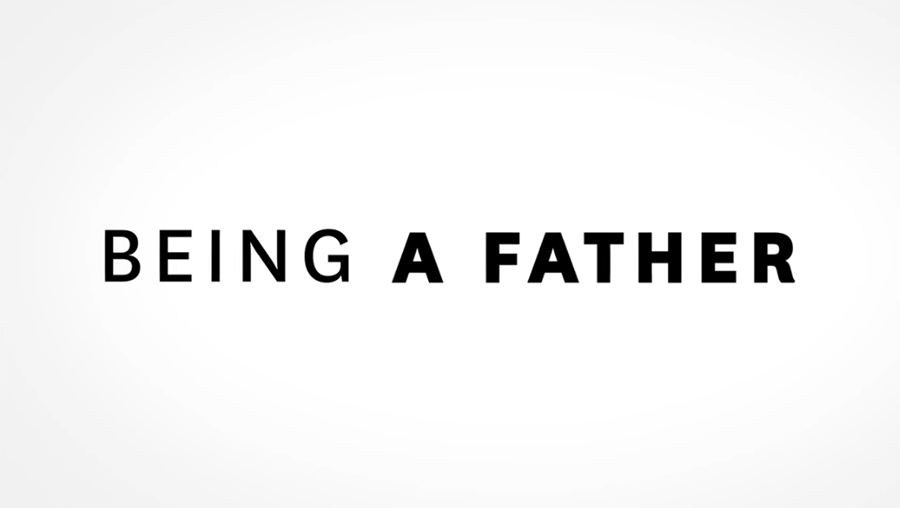Next week, MenCare, MenEngage, Sonke, Promundo, Save the Children and Rutgers WPF will launch the first ever State of the World’s Fathers (SOWF) Report which shows among other things that while men are increasing the amount of unpaid care work they do, still nowhere in the world do men share an equal part of the unpaid home and care work to women. This film explores what people around the world think about what it means to be a father. The inaugural SOWF report will be launched globally at events in New York, Washington DC, Nairobi, London, Geneva, Brussels and Amsterdam during the month of June. Stay tuned for more information and for the release of the report on June 16, 2015 – Youth Day in South Africa, and the International Day of the African Child.
Video Type: Short Films
-
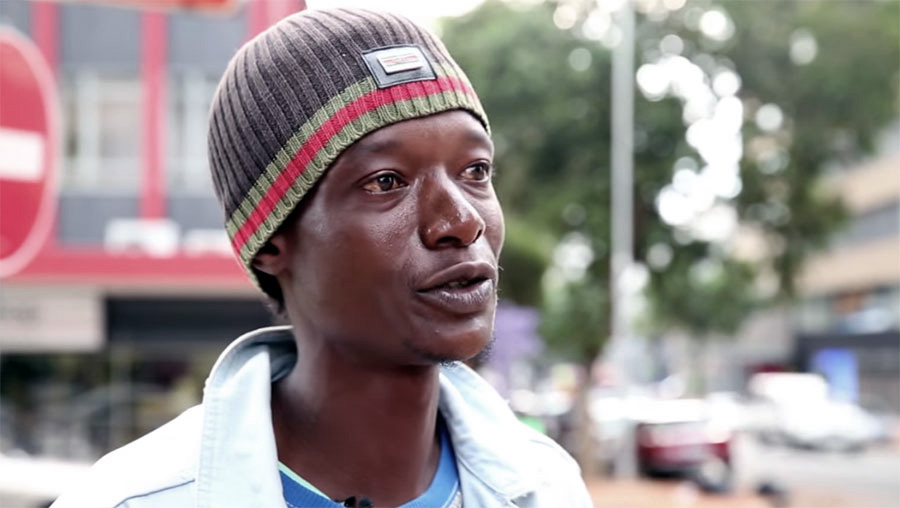
State of the World’s Fathers: South Africans speak out
Ahead of the release of the MenCare Global State of the World’s Fathers (SOWF) report, which will highlight research data, policies and programmes from around the world, related to men’s participation in fatherhood and care-giving, Sonke took to the streets of Johannesburg to to talk to people about what it means to be a father, violence in the household and parents’ shared responsibilities.
-
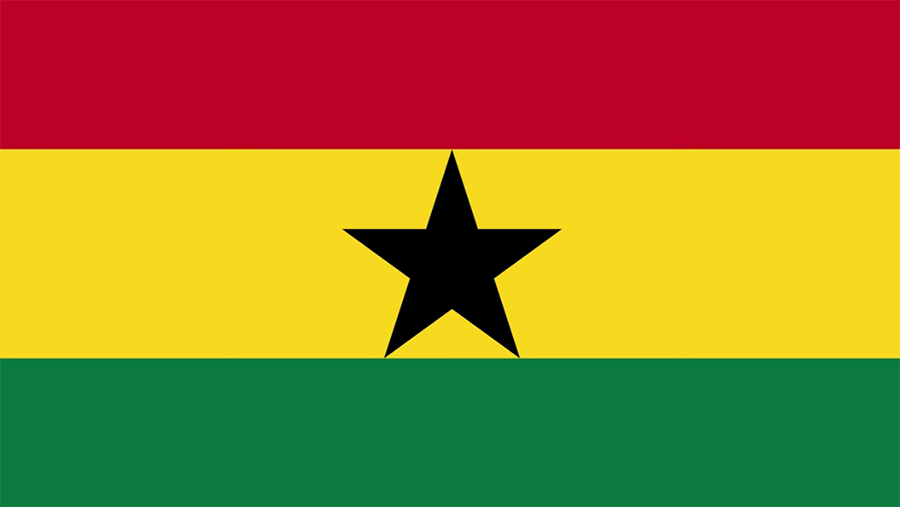
Africa Day 2015 VOX-POPS
Sonke Gender Justice has been working to address xenophobia and has been a part of the broad civil society mobilisation that has brought tens of thousands of South Africans out to the streets protesting xenophobia and calling on both our governments and fellow South Africans. to embrace equality, build social cohesion and work to ensure that the rights and security of people from the African diaspora is protected. For Africa Day 2015, we went out to the streets and asked people living in South Africa what their views are on African unity and xenophobia, which has been plaguing South Africa in the past few years, notably since 2008.
-
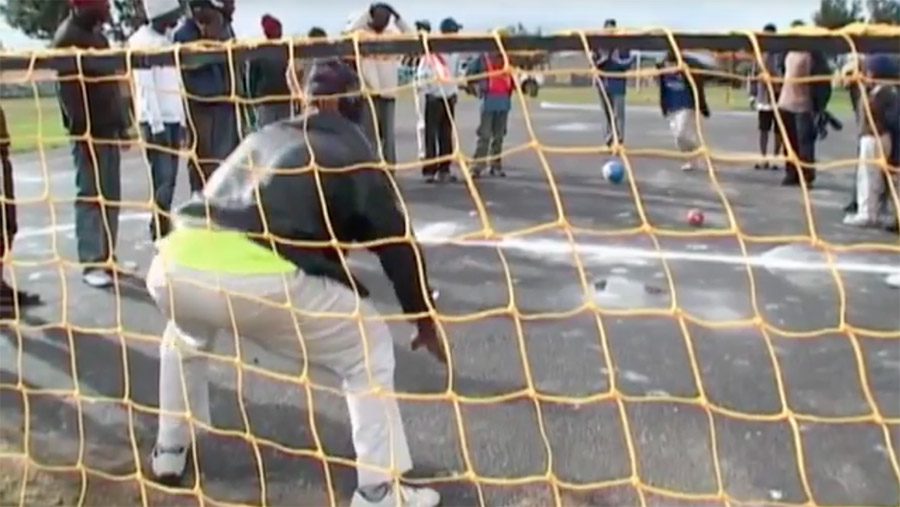
Soccer as a tool to build social cohesion
When xenophobic violence first broke out in Johannesburg, quickly spreading to the Western Cape in May 2008, Sonke Gender Justice’s One Man Can campaign organised a street soccer festival in Khayelitsha to foster peace and tolerance between locals and foreign nationals living in the country. The event was based on the idea that encouraging communications and shared experiences between foreign nationals and South Africans within a community will help to ease relations within that community and encourage reconciliation. This followed the lead of Nelson Mandela, the founding president of a democratic South Africa, who spoke of the power of sport in uniting people from all walks of life. Street soccer was seen as a powerful tool to unite the people of the African continent and kick out the scourge of xenophobia in our society.
-
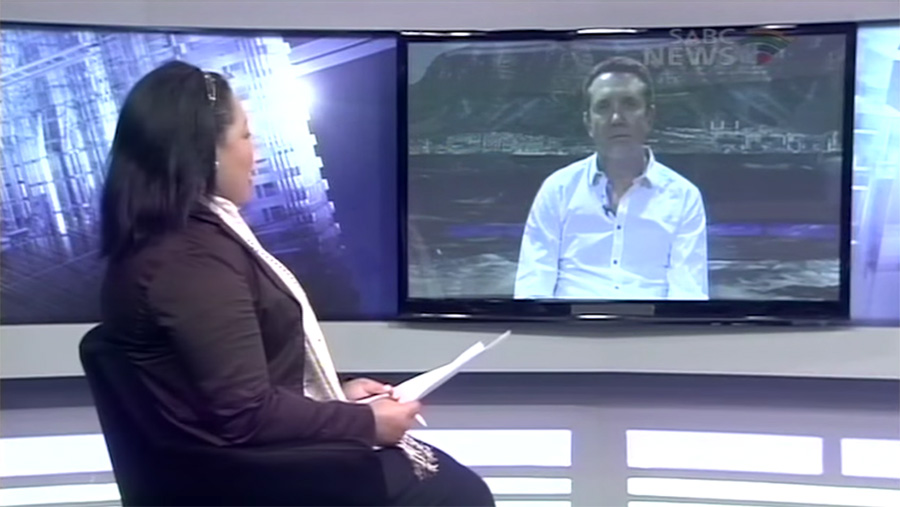
SABC Profile: Dean Peacock
Sonke’s Executive Director, Dean Peacock, speaks to the SABC about his early days in activism, starting Sonke Gender Justice and working with men and boys.
-
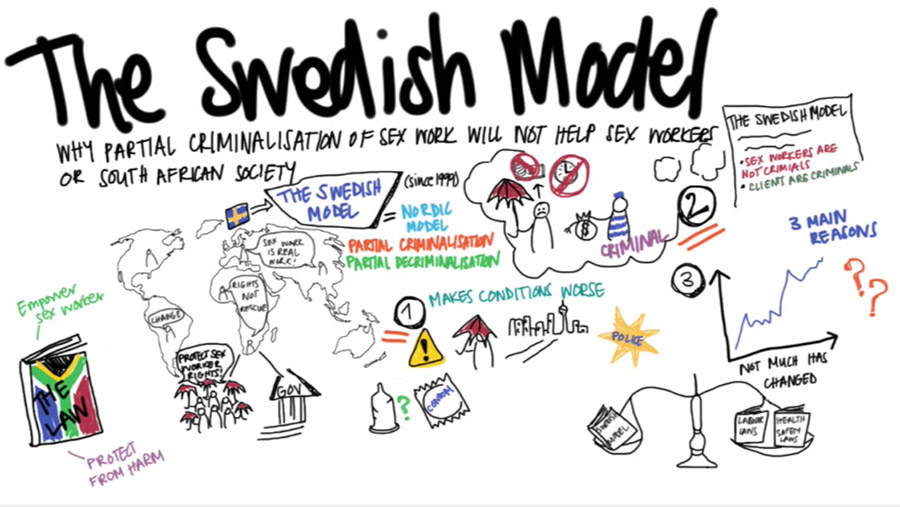
The Swedish Model: Why partial criminalisation of sex work will not help sex workers or SA society
People all over the world are coming together to talk about sex work and how we could change the law to improve the lives of people involved in sex work. This is good news for sex workers and others in South Africa who have been advocating for years for our government to remove the outdated criminal laws we have on sex work and to develop new policies and law to protect sex worker rights. In recent years, lawmakers in Europe and other parts of the world have been talking a lot about The Swedish Model, a policy model first introduced in Sweden in 1999. This allows sex workers to sell sex without facing prosecution from the police, but their clients would be arrested and prosecuted for buying. This model is sometimes referred to as The Swedish or Nordic Model, partial criminalization of sex work, and partial decriminalization of sex work. The names might be different but the result is the same. People who buy sex are arrested and those who sell sex are encouraged into exit or rehabilitation programs. While this model is a bit better than the full criminalization of sex work in that it recognizes that sex workers are not criminals who need to be punished.
This legal model also creates harm. There are three main reasons where the model creates harm. Firstly instead of protecting sex workers as the model intended to, it has made conditions worse for many sex workers in Sweden. Studies have shown that the criminalization of clients limit sex worker strategies for keeping themselves safe in the following ways. It displaces sex workers to isolated areas. It makes it almost impossible for sex workers to rely on the police for protection. It makes it difficult for sex workers to screen and negotiate the terms of the transaction particularly with condom use.
Secondly instead of thinking about sex workers as workers, the Swedish Model assumes that sex workers are victims that need to be rescued. Sex workers’ clients, almost always men, are demonized and cause these criminals who need to be punished because they would like to have sex and they’re willing to pay for it. It ignores that many sex workers make an active choice to do sex work because it often offers them an income, flexible working hours, and independence in the context often characterized by poverty, hardship or lack of viable alternative options. Laws like this limit the freedom and livelihood of sex workers, portray clients in a bad light, and criminalize adult consensual sex.
Lastly, there is little evidence that the Swedish Model has worked. Although lawmakers in Sweden argue that it is a great success, studies show that not much has changed. Criminal laws like this can waste valuable resources that could be better used to make sex work safer by implementing sex worker labor laws and occupational health and safety laws. The Swedish Model does not protect sex worker rights and it does not make society safer. We should choose laws that will empower sex workers, improve their working conditions, and protect them and their clients against harm. We should choose laws that respect South Africa’s constitution.
We shouldn’t choose The Swedish Model. We should choose decriminalization of sex work.
Some resources for further information about the Swedish Model:
- Ruth Jacobs. “The Swedish model criminalising the purchase of sex is dangerous: the European Parliament should have rejected it“. Huffington Post. (2014).
- Ann Jordan. “The Swedish law to criminalise clients: A failed experiment in social engineering” Centre for Human Rights & Humanitarian Law, American University, Issue Paper 4 (2012)
- Canadian HIV/AIDS Legal Network. “New Zealand and Sweden: two models of reform”. (2005).
- Gould, A., (2001). The Criminalisation of Buying Sex: the Politics of Prostitution, Journal of Social Policy, 30: 3, pp437-456.
- A Krüsi et al. “Criminalisation of clients: reproducing vulnerabilities for violence and poor health among street-based sex workers in Canada—a qualitative study“. British Medical Journal Open. (2014).
- NSWP. “The Real Impact of the Swedish Model on Sex Workers: Advocacy Toolkit”. (2014).
Produced by: Ayesha Krige for Sonke Gender Justice.
Collaborators: Sex Workers Education & Advocacy Taskforce (SWEAT), Sisonke Sex Worker Movement, Sonke and the Women’s Legal Centre
Script by: Ayesha Krige
Additional input: Carole Vance, Stacey-Leigh Manoek and Marlise Richter
Funding by: Open Society Foundation of South Africa -
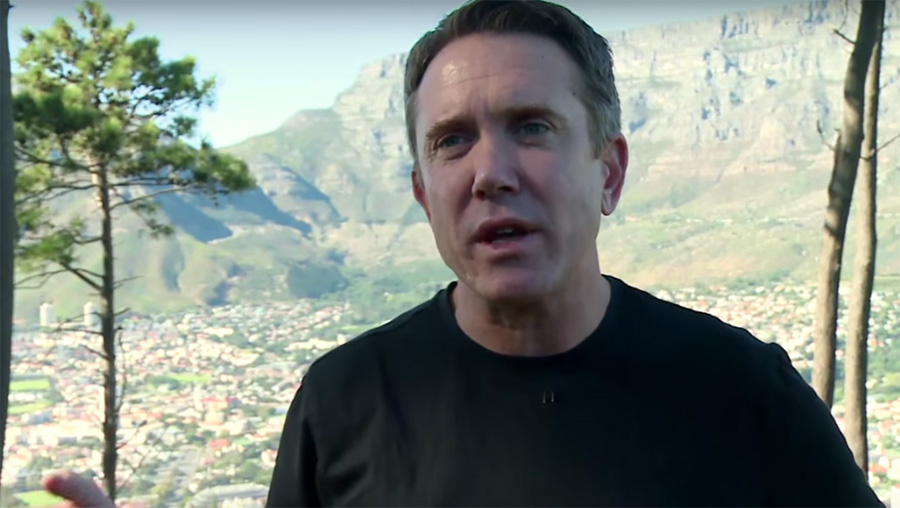
Ashoka Fellow profile on Dean Peacock
Sonke’s Executive Director, Dean Peacock, discusses some of the issues around gender and gender-based violence that Sonke tackle’s every day, how Sonke works, its impact on communities, and our urgent calls for a fully-funded National Strategic Plan on Gender-Based Violence from government.
-
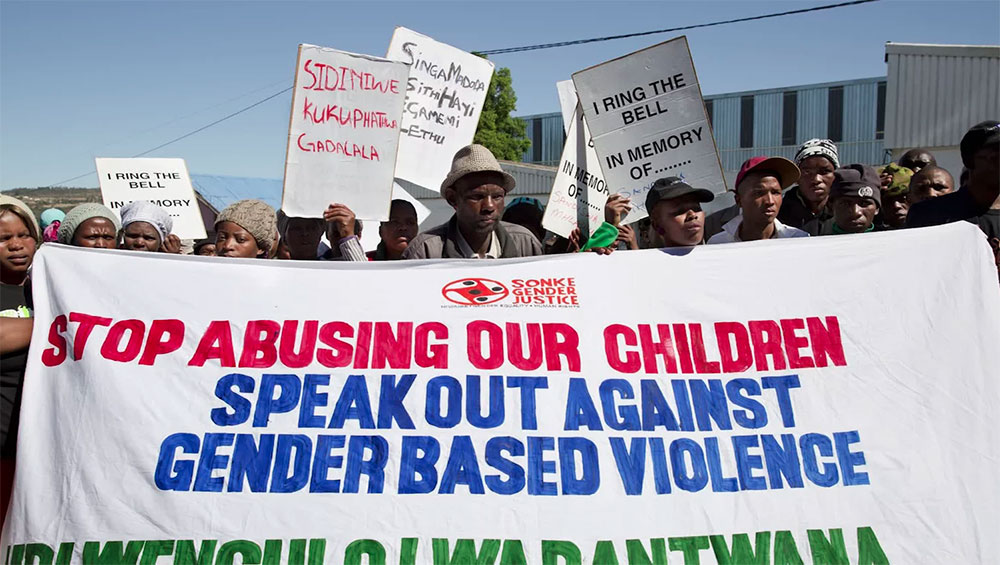
Mobilising for Justice
Throughout this year, Sonke has worked to promote justice in the murder of Sandiswa Mhlawuli, a 27-year old mother-of-two who was stabbed to death in a taxi by her partner last year during 16 Days of Activism. Sonke’s Patrick Godana who led our activism in this case explains what happened – from the murder to the verdict.
-
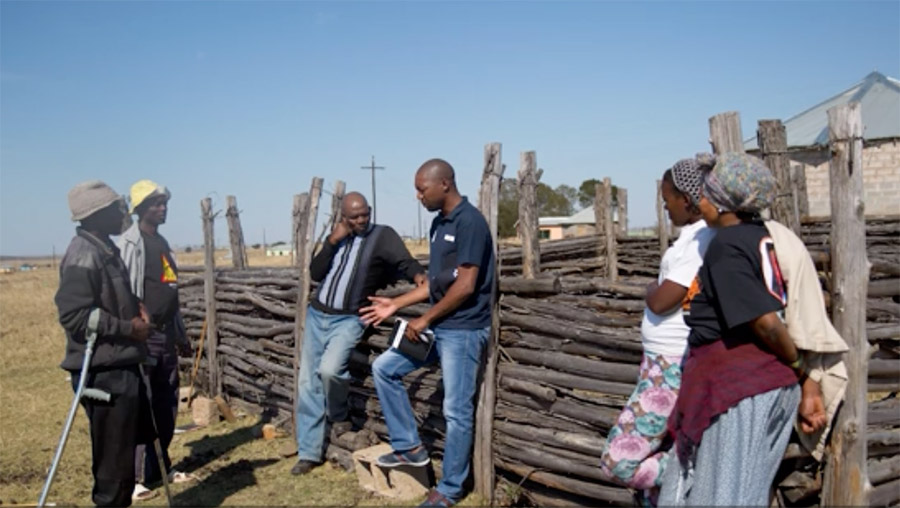
A Safer South Africa for Everyone
The “Safer South Africa for Women and Children” programme strengthens violence prevention mechanisms, and creates a protective environment for women, girls and boys. Sonke Gender Justice works with UNFPA, UNICEF, the UK’s Department for International Development and the South African government to strengthen violence prevention in South African communities, and to engage citizens in this effort.
-

MenEngage: Engage with Gender Equality
MenEngage is an alliance of 600 organisations working with men and boys in over 30 countries around the world in support of gender equality.
-
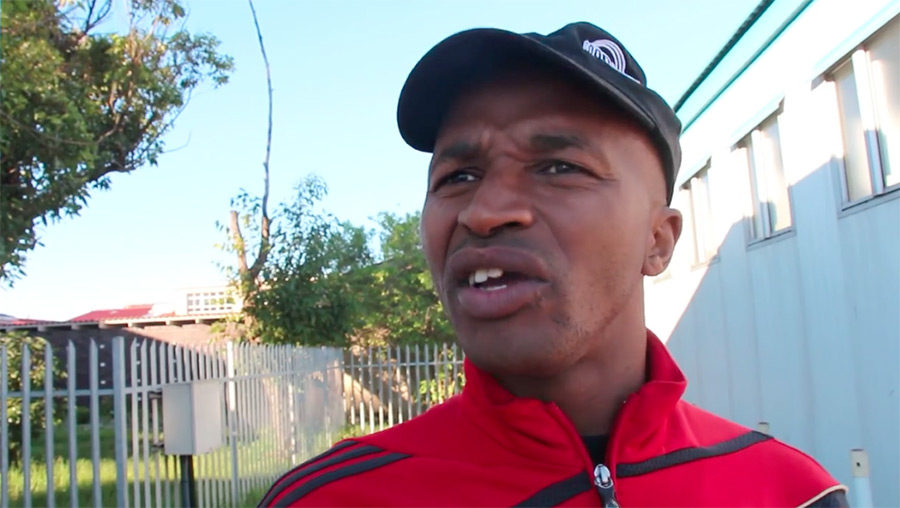
A former inmate speaks out on the role of violence in his life
Jerry is part of Sonke’s Beyond the Bars programme, a support group for former inmates that meets weekly at Sonke’s Wellness Centre in Gugulethu in the Western Cape. Jerry spent 12 years in prison for a sexual offence. Here, he speaks to Sonke’s Czerina Patel, on the role violence has played in his life before he went to prison, while he was in prison and since he has left prison. He explains how growing up in a violent society normalised violence for him and contributed to his own violent nature.
-
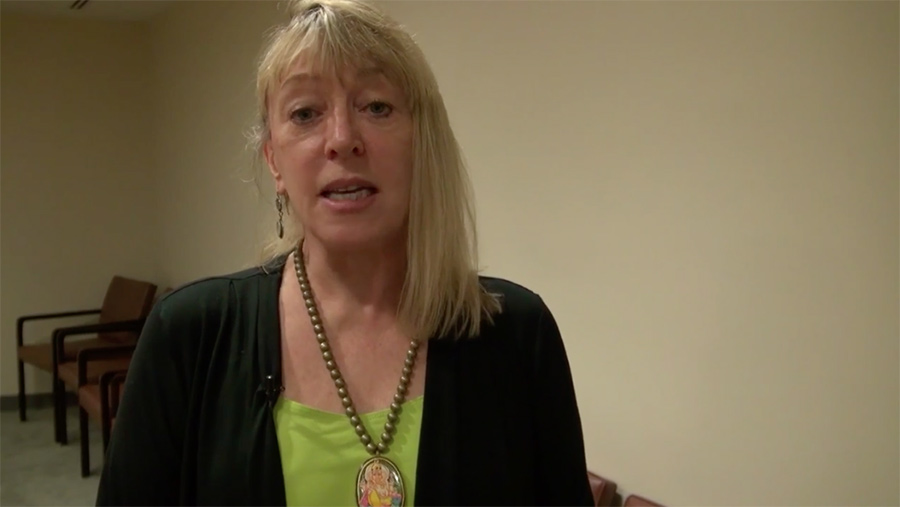
Message of support from Nobel Peace Prize Laureate, Jody Williams
Nobel Peace Prize Laureate and founder of Nobel Women’s Initiative, Jody Williams, gives a message of support for the upcoming MenEngage Global Symposium in Delhi, India.
-
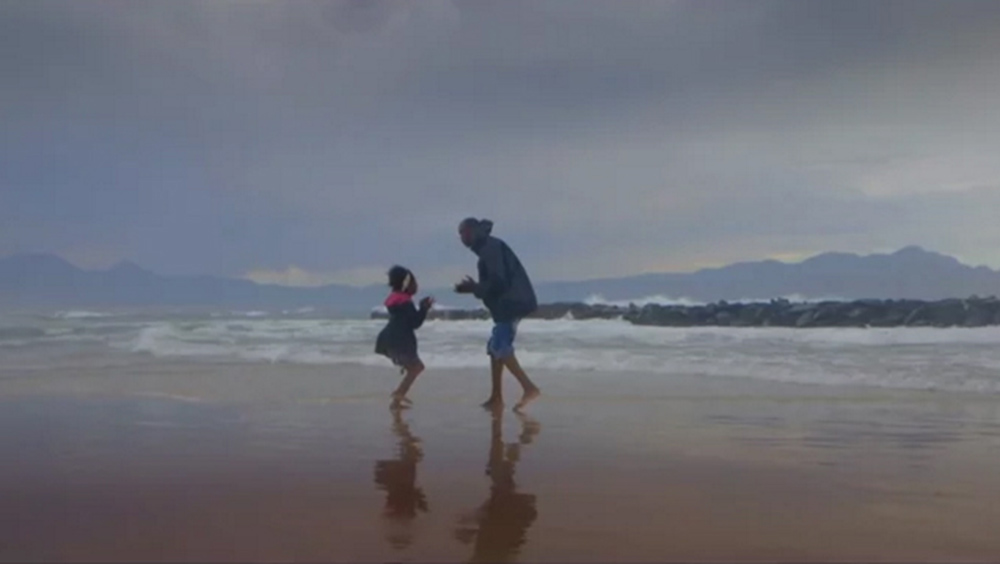
MenCare South Africa – The Gift of Fatherhood
Fatherhood is a gift to children, but it’s also a gift to dads. In Khayelitsha, Themba inspires his younger brother, Andrew, who is about to become a father.
For more information, please visit MenCare here.
-
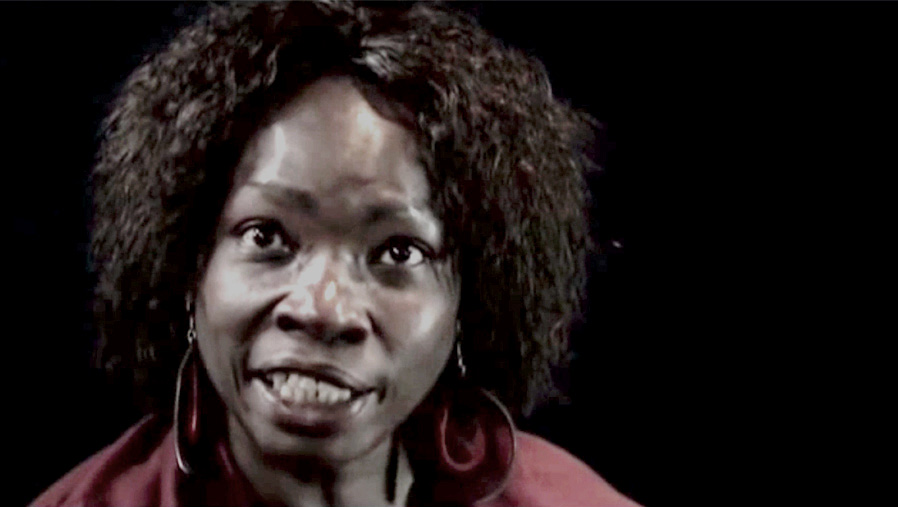
A Way to Justice (trailer)
Engaging Men for Women’s Rights and Gender Transformation
A trailer for the new 40-minute documentary film available here.
A Way to Justice is also available through Sonke Gender Justice Network: [email protected].
Executive Producer Dean Peacock Directed by William Nessen.
A Sonke Media Production in cooperation with MenEngage Alliance.
-
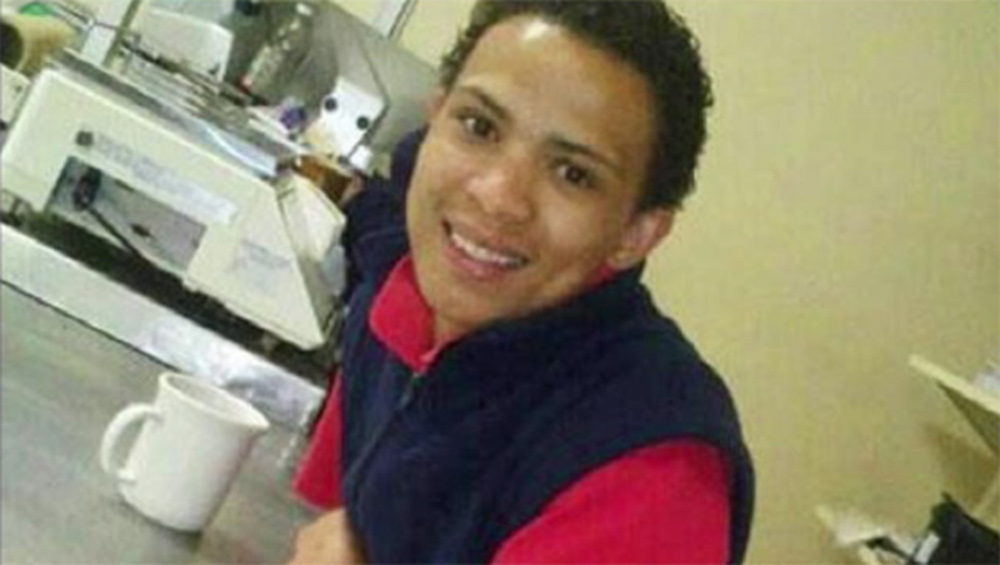
Enough: The Story of David Olyn
Sonke is working to make sure that the justice system responds fully to the brutal rape and murder of David Olyn, a gay man from Ceres.
-
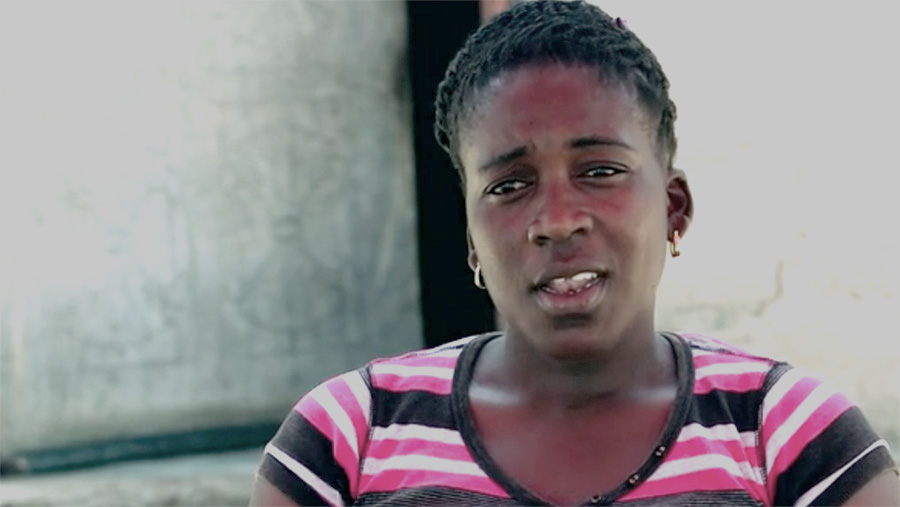
One Man Can in Bushbuckridge – Marvel
Marvel Ubisi tells the story of how One Man Can helped her leave alcohol and find her children.
-

One Man Can in Bushbuckridge – Orphen
Orphen Sibuyi tells how One Man Can helped him understand and deal with his anger and violent behaviour.
-
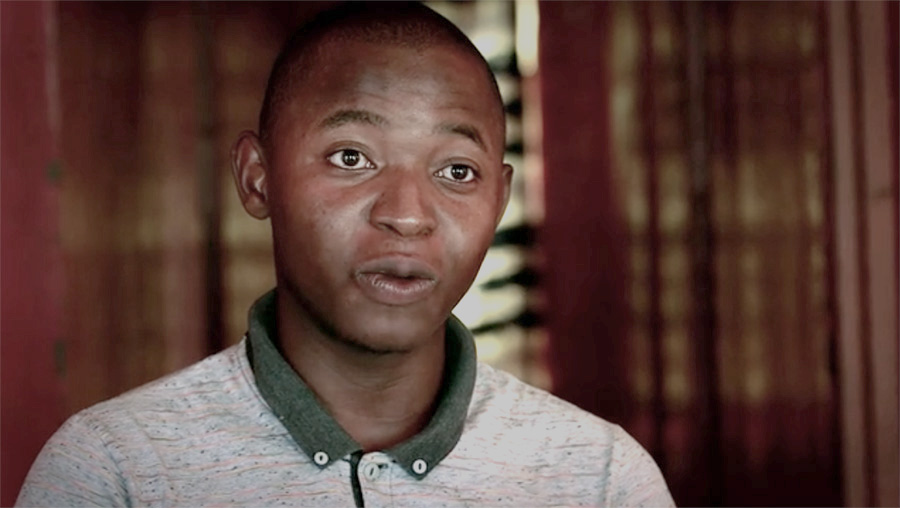
One Man Can in Bushbuckridge – King
King’s story tells how One Man Can and the support of his friends helped him find new outlets for life and fun instead of drinking and living a risky lifestyle.
-
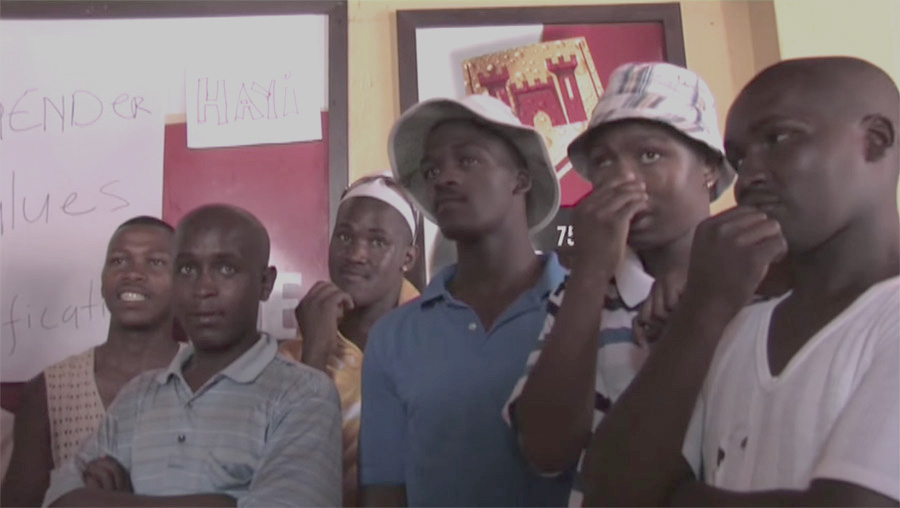
Sonke: Mobilising Men for Gender Transformation in post-Apartheid South Africa
This video demonstrates the work that Sonke does in working with communities – men and boys and women and girls across South Africa and the African region – to transform mindsets and change behaviours about the ill of gender-based violence (GBV) through community mobilisation and education.
-
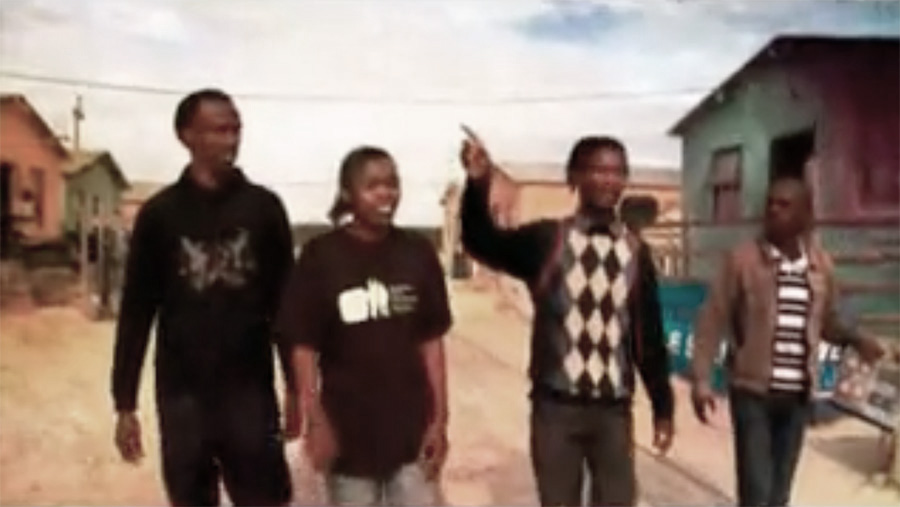
Red Card Ambush Theatre
Sonke’s One Man Can Project created the Red Card Campaign to raise awareness of harrassment and violence against women and equip people to prevent it in their own communities.
You can also watch the film in other languages:
-
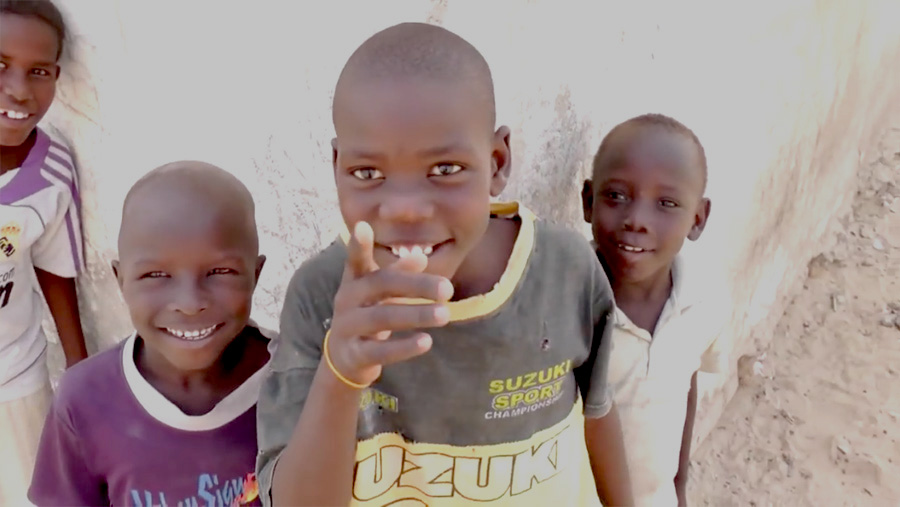
One Man Can Campaign in Sudan
A video on the implementation of Sonke’s One Man Can Campaign in four states in Sudan.
-
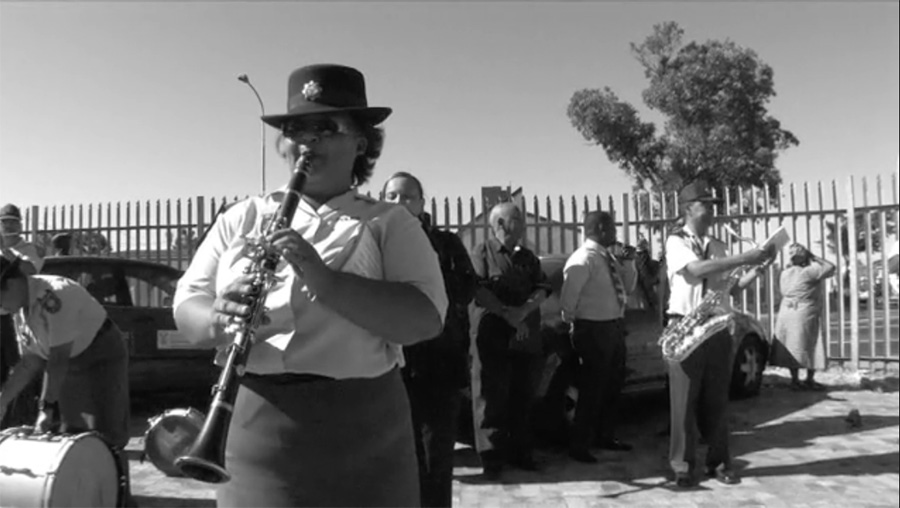
Sonke opens its first men’s wellness clinic, in a Cape Town township
Sonke Gender Justice Network of South Africa opened its first Men’s Wellness Clinic, in Gugulethu, in 2012. Have a look at the festive, informative day!
-
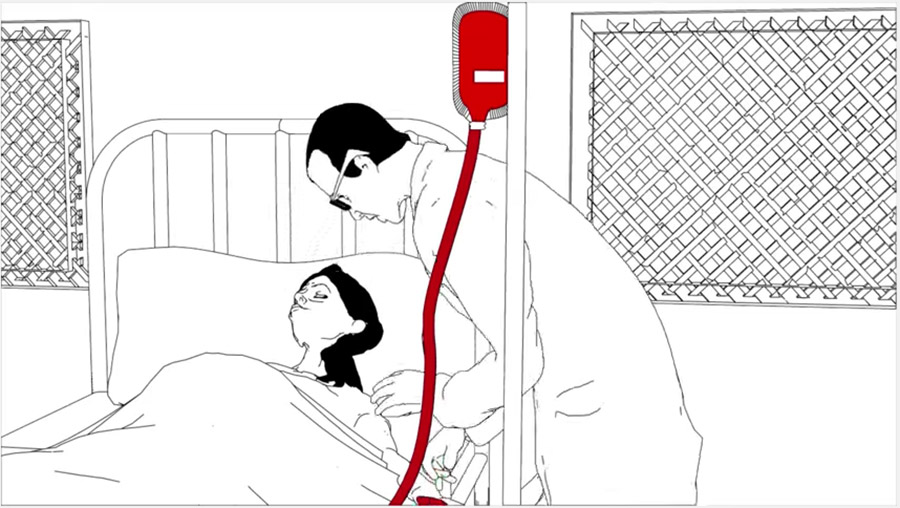
Why Did Mrs X Die?
“Why Did Mrs X Die, Retold” is a short animated film telling the story of one unfortunate woman’s journey through pregnancy and childbirth. In doing so, the film paints an accurate picture of the dangers women are facing across the world, and our need to help them. Produced by Hands On for Mothers and Babies, an organisation making educational tools for women in poor areas of the world. www.handsonformothersandbabies.org
“Why Did Mrs X Die, Retold” is a remake of the World Health Organisation 1980’s film “Why Did Mrs Die?” based on a lecture by the founder of the Safe Motherhood Movement, Prof Mahmoud Fathalla.
-
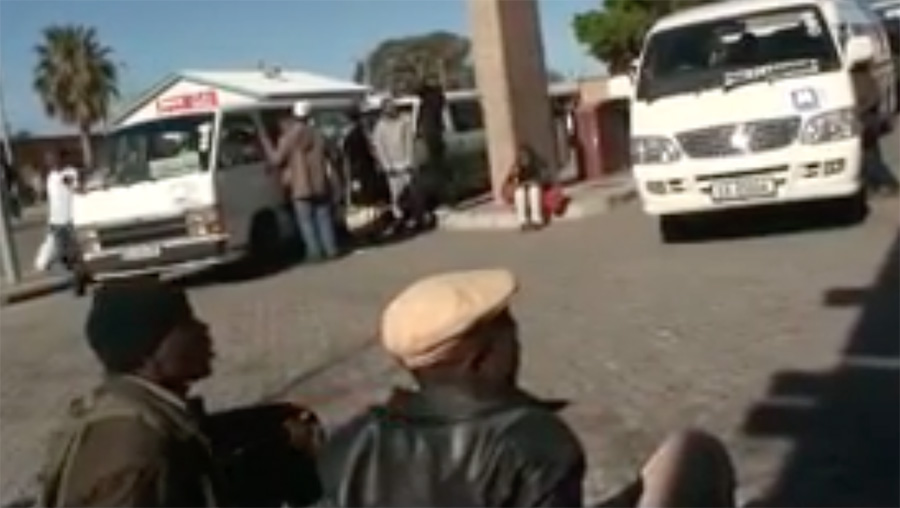
Sonke Gender Justice Ambush Theatre for Red Card Campaign
Sonke Gender Justice Networks performs an ambush theatre piece at the Claremont transport hub in Cape Town, South Africa to create awareness of the Red Card Campaign Against Sexual Exploitation.
